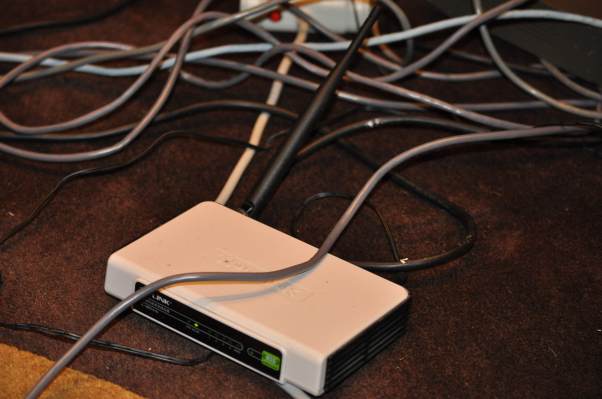ISPs and mobile operators will be forced to retain information linking IP addresses to individuals for 12 months under U.K. government counter-terrorism plans expected to be detailed next week.
The IP-matching measure will be included in the government’s forthcoming Anti-Terrorism and Security Bill. This follows another failed attempt by the government last year to push through a so-called ‘Snoopers’ Charter’ — aka the Communications Data Bill.
That legislation would have forced companies to retain data about people’s online conversations, social media activity, calls and texts for 12 months but the coalition’s junior partner, the Liberal Democrats, baulked at supporting what they dubbed an “illiberal” bill.
However they are evidently comfortable with IP-matching — describing the measure today as “good news”. The Lib Dems also supported emergency data retention legislation — requiring Internet and phone companies to keep records of customer metadata — which was pushed through Parliament by the U.K. government this July, after the European Court of Justice struck down European data retention powers on the grounds that they were too broad.
That Data Retention and Investigation Powers Bill (aka DRIP) was criticized for being overly broad, vague and Draconian. It was also rushed through Parliament without proper scrutiny, despite the ECJ ruling being handed down months earlier, in April — leading to accusations of a ‘surveillance stitch-up’.
Speaking on the BBC’s Andrew Marr politics TV show today U.K. Home Secretary Theresa May described the new IP-matching measures coming down the pipe in the Anti-Terrorism and Security Bill as “a step” to helping the security services identify suspects.
But added that, in her view, this requirement does not go far enough — arguing that police need the ability to retain communications data that was set out in the Communications Data bill. So again the U.K. government continues to drive a state digital surveillance agenda that’s among the most Draconian in Europe.
“It will still be the case, even with these IP addresses being within the legislation that the National Crime Agency… will still not be able to identify everybody who is accessing illegal content on the internet,” May told the BBC.
The Home Office claims IP-matching will help police and security services identify terror suspects and organized criminals who are using the Internet to communicate. It is also talking this up as a way to help identify other types of Internet users — including hackers, cyber bullies and even vulnerable individuals using social media to discuss taking their own life. That latter scenario is a rather odd inclusion, given the Conservative Party’s usual allergic reaction to anything that can be perceived as ‘nanny state-ish’.
Beyond that sort of function creep, there is a huge can of worms being unboxed here, given the logical fallacy of equating an IP address with an individual. Politicians failing to grasp the intricacies of technology is, however, nothing new.
